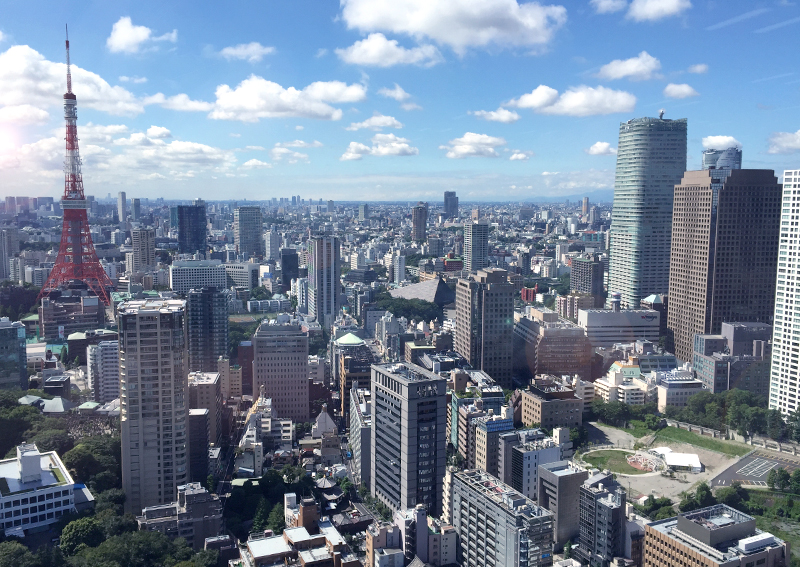Even with the yen at its weakest point since 2007, Japan Inc. is aggressive with its international expansion with over $70 billion in overseas acquisitions already announced for this year, a 15 year record

With an estimated $2 trillion in cash holdings available at year-end 2014, Japanese companies have been on a spending spree, buying up overseas assets at an accelerated pace this year. According to Goldman Sachs, Japanese firms spent $32.5 billion on overseas acquisitions in the first three months of 2015, a 76% increase on Q1 2014. “Japanese M&A (mergers and acquisitions) activity has recently begun accelerating, and we believe this could mark the beginning of a sustainable trend,” Goldman said.
Some of the high profile overseas deals this year include: Japan Post’s $5.1 billion acquisition of Australia’s Toll Holdings, Nikkei’s surprising purchase of the Financial Times for $1.3 billion, and ITOCHU’s $5 billion stake in China’s largest conglomerate Citic.
The acquisition of overseas assets is all part of Japan Inc.’s strategy to go global. “We should be aggressive in making acquisitions, going overseas for growth because Japan is limited in the sense of growth,” says Yoshiaki Fujimori, President and CEO of the LIXIL Group.
“Indeed, LIXIL is focused on going global for growth. That abundant resource that the government gives us, whether it’s capital investment over here in Japan, or to encourage going global with M&As, provides a platform from which we have to be aggressive.”
Another company focused on going global is Suntory, which acquired U.S. distiller Jim Beam for $16 billion last year. Asked about reports that Suntory plans to transfer its core operations to the United States, President and CEO Takeshi Niinami replies, “We have an innovative mindset in Japan, as well as in the United States. The U.S. is the country of innovation. That is very important for us, because it allows us to be different in the world. We are not Coca-Cola, nor Pepsi Co, nor Diageo. We have a variety of technologies to apply to solutions for our customers.”
A weaker yen has encouraged other Japanese companies to scour the far horizons for possible deals, partnerships, alliances, mergers and acquisitions, largely as way of recycling currently overabundant earnings into productive (as opposed to merely profitable) engines of corporate growth.
Under the leadership of its President, Kiyotsugu Yamashita, SankyoTateyama corporation had already established itself as a leading producer of construction materials when it decided to acquire several German factories that specialize in extruded metal components used in cars, planes and aerospace applications. At the same time, they acquired a Thailand-based maker of aluminum extrusions.
“In our vision, the company’s internationalization starts with the ASEAN countries which may seem strange,” admits Mr. Yamashita. “You see, the former owners had a number of customers in the automotive and machinery manufacturing sectors who are eager to enter the ASEAN market. So what we’re planning is to transfer high levels of technology to Thai Metals so that when those companies come over, they can procure what they need within the region. That’s how we plan to expand our market.”
Corrugated board and general packaging maker Rengo Group already has production and distribution centers spread out across the map of Japan. But it is also present overseas with interests in Thailand, Malaysia, Singapore, Indonesia, the U.S. (Hawaii) and recently in Vietnam, where it has acquired an 80% stake in the flexible packaging firm BATICO.
“We believe in empowering the local people,” says Rengo President and CEO Kiyoshi Otsubo. “Instead of starting off with 100% full ownership, we first enter into a joint venture with a leading local company. We give this company management responsibility, but we provide them with Rengo’s know-how and technical capabilities.”
0 COMMENTS